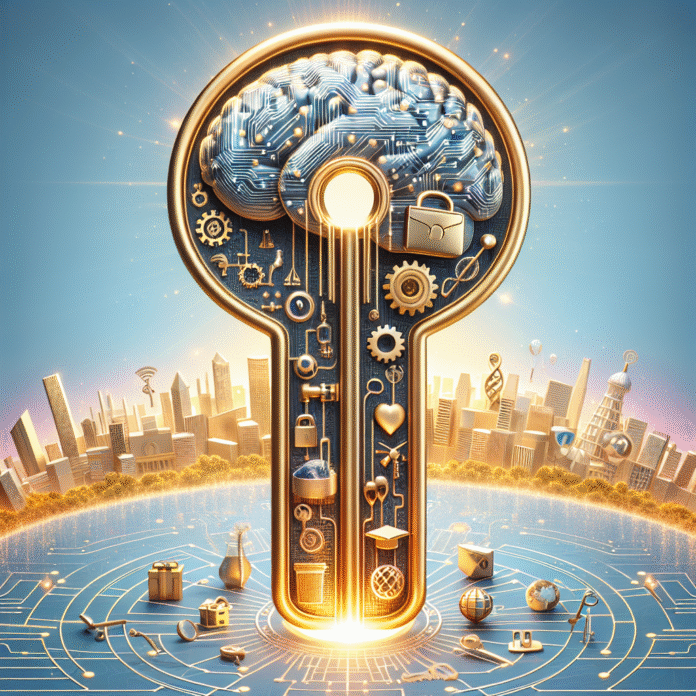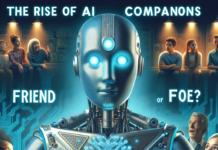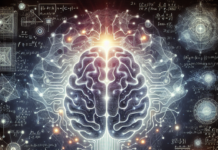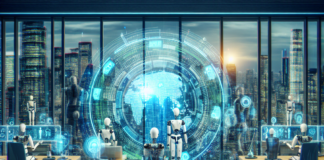Unlocking the Future: How AI is Revolutionizing Every Industry
Artificial Intelligence (AI) is no longer a concept confined to science fiction; it has firmly embedded itself into the fabric of modern industry. From healthcare to finance, transportation to entertainment, AI is transforming how businesses operate, enhance productivity, and meet consumer demands. This article explores how AI is revolutionizing various industries and what the future holds as we continue to unlock its potential.
1. Healthcare: Precision Medicine and Early Diagnosis
AI’s impact on healthcare is profound, offering tools that improve patient outcomes, streamline operations, and reduce costs. Machine learning algorithms analyze vast datasets to identify patterns in patient health, facilitating early diagnosis of diseases such as cancer. AI-driven technologies, like IBM Watson, can assist doctors in tailoring treatment plans to individual patients based on genetic information and health history.
Additionally, AI-powered chatbots and virtual health assistants provide 24/7 support, helping patients manage their health and making medical services more accessible. The rise of telemedicine, accelerated by AI, is reshaping patient interactions, enabling remote consultations that were once considered impractical.
2. Finance: Smarter Decision-Making and Risk Management
In the financial sector, AI algorithms analyze market trends, assess risk factors, and predict stock performances with remarkable accuracy. Automated trading systems utilize AI to make rapid decisions unfathomable for human traders, executing trades in milliseconds based on real-time data.
Moreover, AI enhances fraud detection through sophisticated pattern recognition, identifying unusual activity that may indicate fraudulent transactions. Personalized banking experiences, powered by AI, recommend products to customers based on their financial behavior, thereby enhancing customer satisfaction while optimizing cross-selling opportunities.
3. Transportation: Autonomous Vehicles and Smart Logistics
The transportation industry is on the brink of transformation due to AI innovations. Autonomous vehicles are being developed by companies like Tesla and Waymo, promising to reduce accidents, ease traffic congestion, and transform personal and commercial transportation.
In logistics, AI optimizes route planning, enhancing fuel efficiency and delivery times. Predictive analytics help businesses anticipate demand and adjust inventory levels accordingly, leading to cost savings and improved customer service. Companies are leveraging AI to analyze data from various sources, leading to smarter, more efficient supply chain operations.
4. Manufacturing: Automation and Quality Control
AI’s integration into manufacturing heralds a new era of automation. Robotic process automation (RPA) is streamlining assembly lines, increasing productivity, and minimizing human error. Smart factories, equipped with AI and IoT devices, enhance production processes through real-time monitoring and predictive maintenance, drastically reducing downtime.
Quality control benefits significantly from AI technologies; machine learning algorithms can detect defects that might go unnoticed during manual inspections. This not only ensures higher quality products but also optimizes resource utilization throughout the production cycle.
5. Retail: Personalization and Inventory Management
The retail industry is leveraging AI to create personalized shopping experiences. By analyzing customer data, AI can offer tailored recommendations, optimize pricing strategies, and improve inventory management. Chatbots assist customers in making informed purchasing decisions while enhancing overall shopping experiences.
Retailers are also utilizing AI for demand forecasting, analyzing seasonal trends, and optimizing stock levels to prevent overstock or stockouts. This data-driven approach not only enhances customer satisfaction but also boosts profitability.
6. Entertainment: Content Creation and Distribution
AI is reshaping the entertainment landscape by personalizing user experiences and streamlining content creation. Streaming giants like Netflix leverage AI algorithms to analyze viewer preferences, ensuring tailored recommendations that keep users engaged.
In content creation, AI tools are being used to draft scripts, compose music, and even edit videos. While some fear that AI might replace creative roles, the focus is shifting toward using AI as a collaborative tool that enhances human creativity rather than replacing it.
Conclusion: A Future Driven by AI
As we venture further into the 21st century, the prominence of AI in various industries is undeniable. While challenges such as ethical considerations, data privacy, and job displacement remain, the potential benefits of AI in driving innovation and efficiency are immense.
Unlocking the future with AI means embracing a change that not only improves existing practices but also introduces unprecedented possibilities. By harnessing the power of AI, businesses can propel themselves into a new age of operational excellence, innovation, and growth. As we stand on the brink of this technological revolution, it’s essential for industries, governments, and society to collaborate on frameworks that ensure AI’s advancement benefits all. Thus, the journey of AI is not just about technology; it’s about reimagining our world for the better.
FOR MORE UPDATES- This sweeping technological shift is not only driving efficiency and innovation but also opening up new opportunities for businesses, governments, and individuals alike.







